10 GPTs for Islamic Studies Powered by AI for Free of 2026
AI GPTs for Islamic Studies are advanced generative pre-trained transformers specifically designed to cater to the nuanced needs of Islamic educational and research domains. These AI tools leverage the power of natural language processing to understand, interpret, and generate content relevant to Islamic teachings, history, jurisprudence, and culture. By incorporating specialized datasets and ethical guidelines pertinent to Islamic Studies, these GPTs provide tailored, context-aware solutions that respect the sensitivity and depth of the subject matter.
Top 10 GPTs for Islamic Studies are: Mufti GPT,Dini Cevaplar,تفسير الأحلام,Al-Ghazali GPT,Islam-lab,QuranGPT,MuslimGPT,AskMuslim,Islam,Islamic Guidance Companion
Mufti GPT
Illuminating Islamic Knowledge Through AI
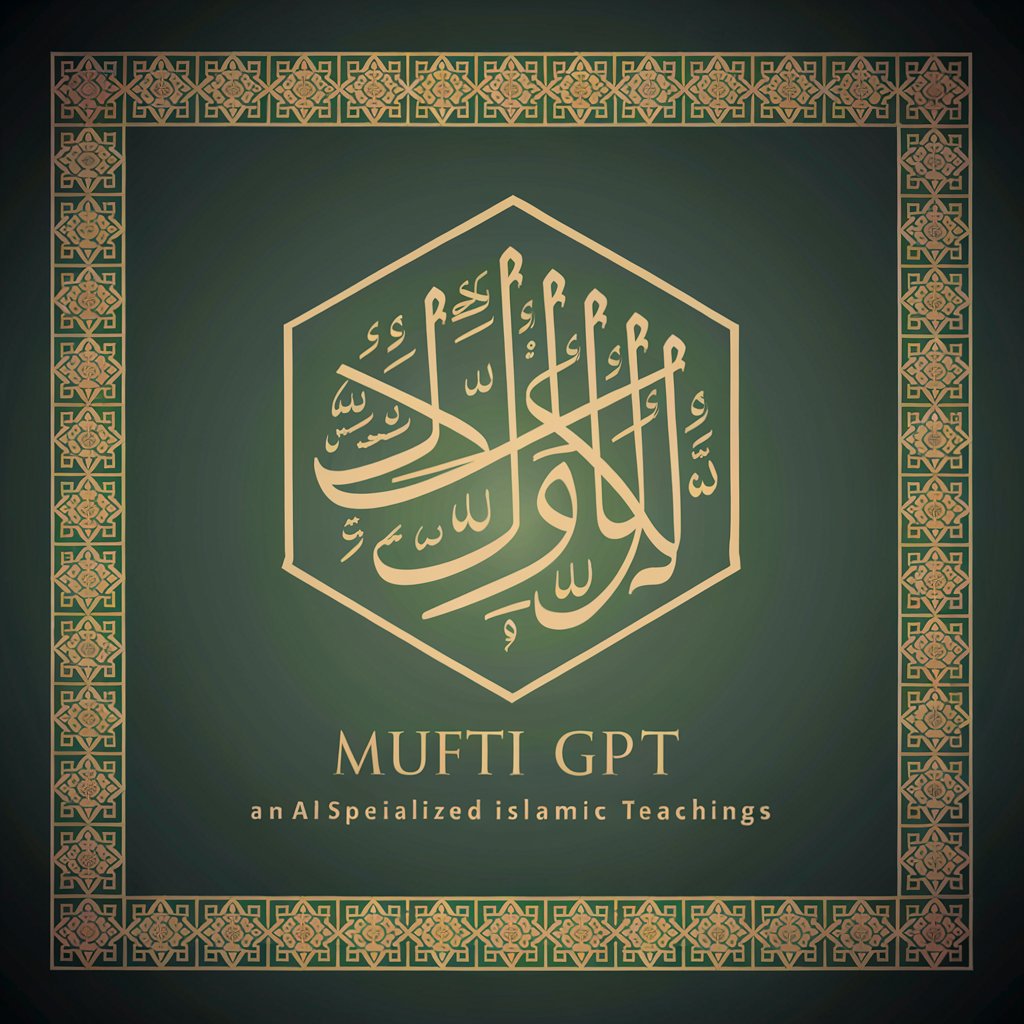
Dini Cevaplar
AI-powered insights for Islamic questions.

تفسير الأحلام
Unlock the secrets of your dreams with AI
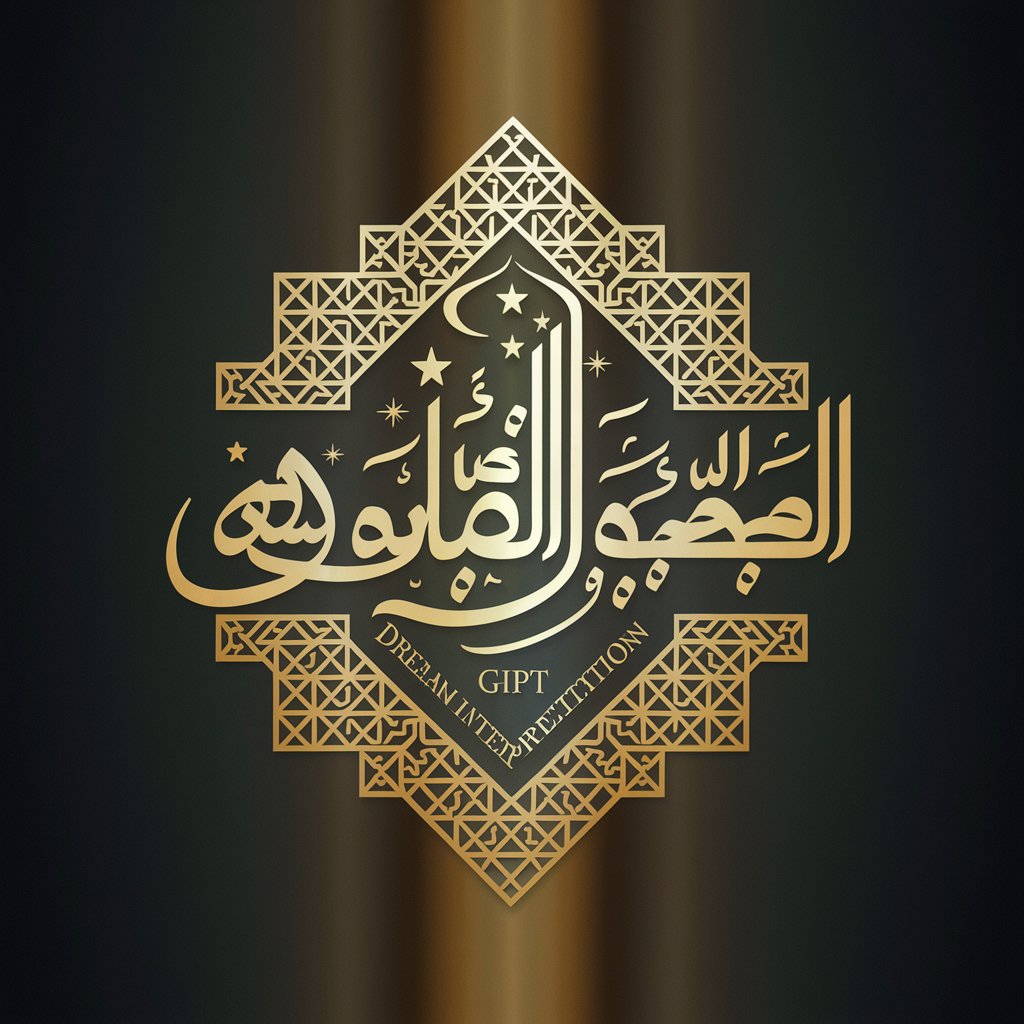
Al-Ghazali GPT
Discover Wisdom with AI-Powered Al-Ghazali
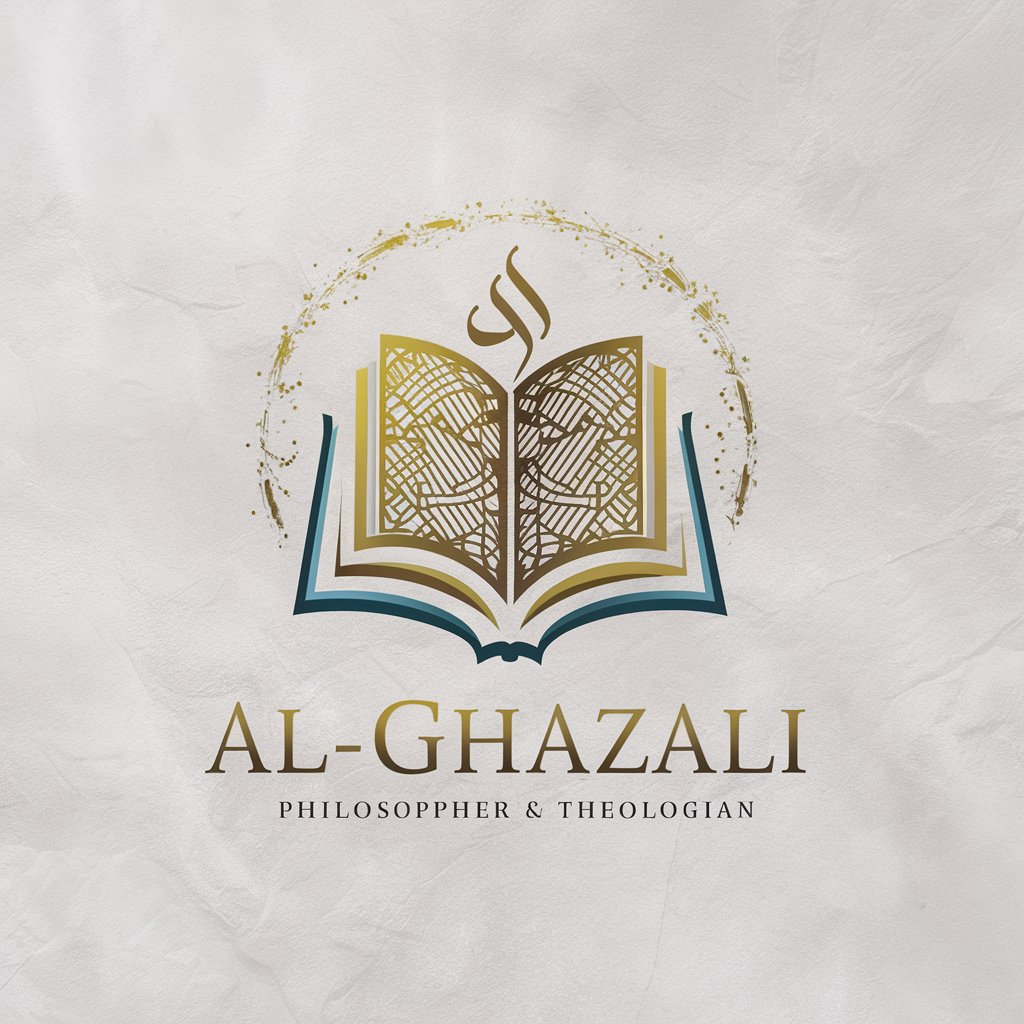
Islam-lab
Illuminate Islamic texts with AI precision.

QuranGPT
Unlocking Quranic Knowledge with AI

MuslimGPT
Empowering Islamic Learning with AI
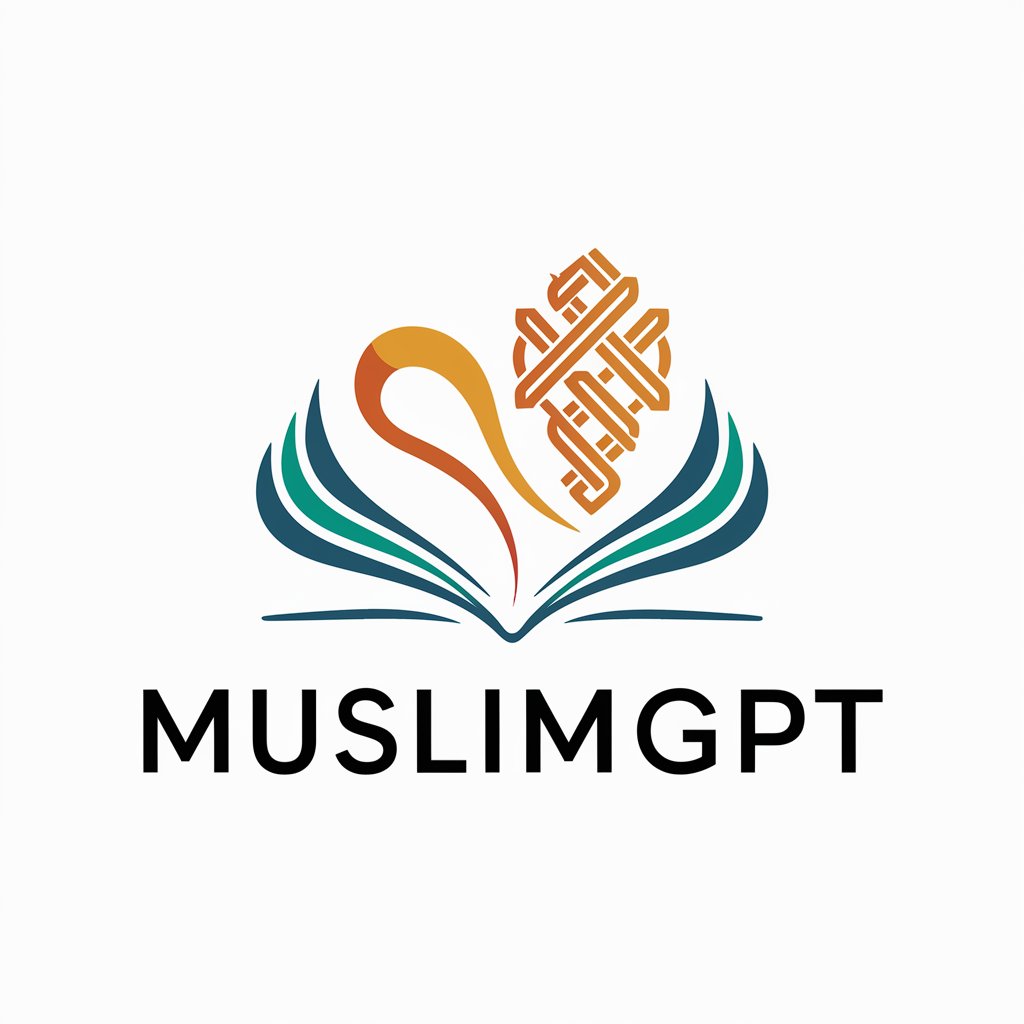
AskMuslim
Empowering Islamic Learning with AI

Islam
Enlightening Minds with Islamic Wisdom

Islamic Guidance Companion
Empowering Faith with AI
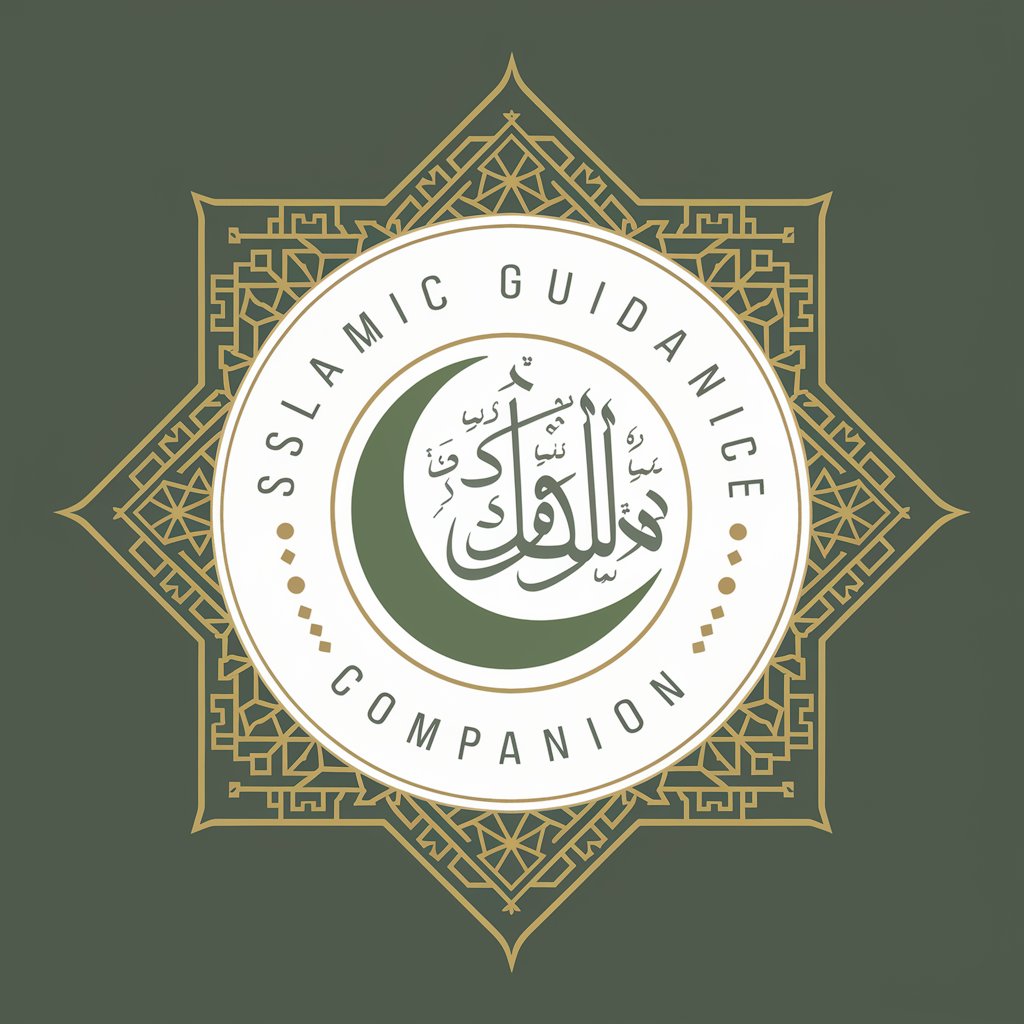
Distinctive Capabilities of Islamic Studies AI Tools
These AI GPTs stand out for their ability to adapt from basic question-answering functions to more complex discourse generation within Islamic Studies. Key features include multilingual support for key Islamic languages (Arabic, Urdu, Persian, etc.), ethical content filters aligned with Islamic values, and sophisticated algorithms capable of interpreting Islamic texts. Specialized functionalities might encompass Quranic verse explanation, Hadith contextualization, fiqh analysis, and historical event narration, all tailored to uphold accuracy and respect for Islamic scholarship.
Who Benefits from Islamic Studies AI
The primary beneficiaries of these AI tools include Islamic scholars, educators, students, and enthusiasts seeking deeper insights into Islamic knowledge. These GPTs are crafted to be accessible to individuals with varying degrees of expertise, from those with no programming background to tech-savvy developers looking for customizable Islamic Studies solutions. The tools offer intuitive interfaces for novices, while also providing APIs and development kits for professionals desiring more control and personalization.
Try Our other AI GPTs tools for Free
Verse Interpretation
Discover the power of AI GPTs for Verse Interpretation, your digital companion in exploring the depths of poetry and literature.
Game Preparation
Discover how AI GPTs for Game Preparation can transform your game development process with innovative automation, creative generation, and efficient problem-solving.
Commercial Design
Discover how AI GPTs are revolutionizing Commercial Design, offering creative automation, trend analysis, and design efficiency for professionals and novices alike.
Personalized Styling
Discover how AI GPTs for Personalized Styling revolutionize fashion and grooming with customized advice tailored to your preferences and the latest trends.
Outdoor Planning
Discover how AI GPTs for Outdoor Planning revolutionize the way we approach outdoor activities and projects, offering personalized, data-driven assistance for adventurers and professionals alike.
Digital Lending
Discover how AI GPTs are revolutionizing Digital Lending with automated processes, enhanced decision-making, and improved customer experiences. Tailored for both novices and professionals.
Broader Applications and User Engagement
Beyond academic and research applications, these AI GPTs offer potential for engaging wider audiences through interactive learning platforms, digital storytelling, and virtual assistants for Islamic knowledge dissemination. Their integration into existing educational or research workflows can enhance productivity and offer new perspectives on traditional Islamic Studies.
Frequently Asked Questions
What exactly are AI GPTs for Islamic Studies?
They are specialized AI models trained to handle tasks and generate content relevant to Islamic education and research, using large datasets and respecting Islamic ethical standards.
Can these tools understand and generate content in Arabic or other Islamic languages?
Yes, these GPTs support multiple languages relevant to Islamic Studies, including Arabic, with capabilities to understand and generate content accurately in these languages.
Are these AI tools suitable for non-experts in technology?
Absolutely, they are designed with user-friendly interfaces that require no coding knowledge, making them accessible to a wide range of users interested in Islamic Studies.
How do these tools ensure the ethical representation of Islamic content?
They incorporate ethical guidelines and content filters based on Islamic values to ensure that the generated content is respectful and appropriate for Islamic Studies.
Can these GPTs be customized for specific research needs in Islamic Studies?
Yes, they offer customization options through APIs and development kits, allowing researchers and developers to tailor the tools to their specific project requirements.
Do these AI tools include features for Quranic and Hadith studies?
Indeed, they are equipped with functionalities for interpreting Quranic verses, contextualizing Hadiths, and providing insights into fiqh and Islamic jurisprudence.
How do these AI GPTs handle historical Islamic content?
They are capable of analyzing and narrating Islamic historical events with a high degree of accuracy and contextual understanding, taking into account various historical sources and interpretations.
Are there any community-driven aspects or updates in these AI tools?
Many of these tools incorporate feedback mechanisms allowing for continuous improvement and updates based on user input and the latest in Islamic scholarship.